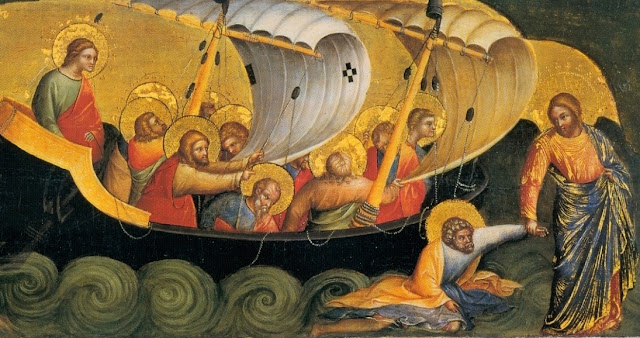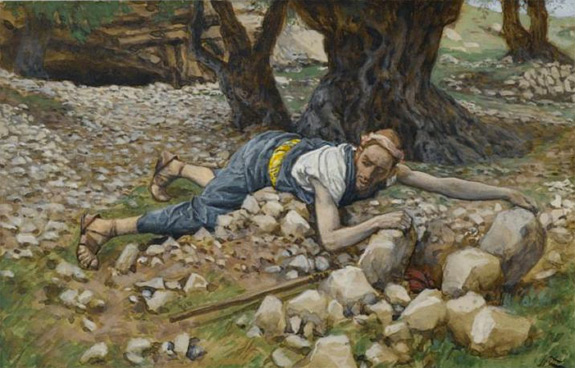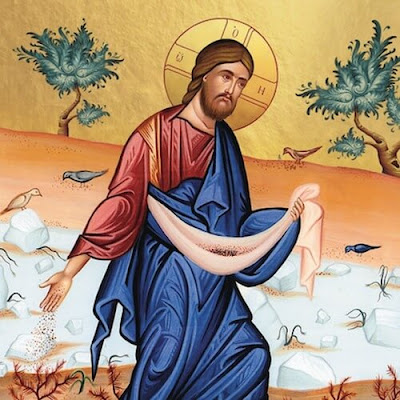Homily for the 20th Sunday in Ordinary Time, August 20, 2023, Year A

Fr. Charles Irvin Diocese of Lansing ( Click here for Sunday’s readings ) Today’s Gospel account contains one of the most memorable verbal duels recorded in the four Gospels, and one of the most important. We need to draw some golden nuggets out of this wonderful passage. First of all, it is important to note that Jesus is speaking here to a woman, something rabbis back in those days did not do in public. Not only that, but she was a foreigner, a Canaanite woman from the area that these days we call Lebanon. The Jews and the Canaanites did not get along well at all. Like the Magi, those wise men from the East that we find at Christ’s birth, this non-Jew presents herself to Jesus and addresses Him as “Son of David” as she begs His help for her daughter who is possessed by some mysterious inner demonic force. In this account, there are three movements. The first involves Canaanite woman’s journey of faith. Leaving her own religion behind she turns to a Jewish rabbi, Jesus, a



%20COMPRESSED.jpg)

